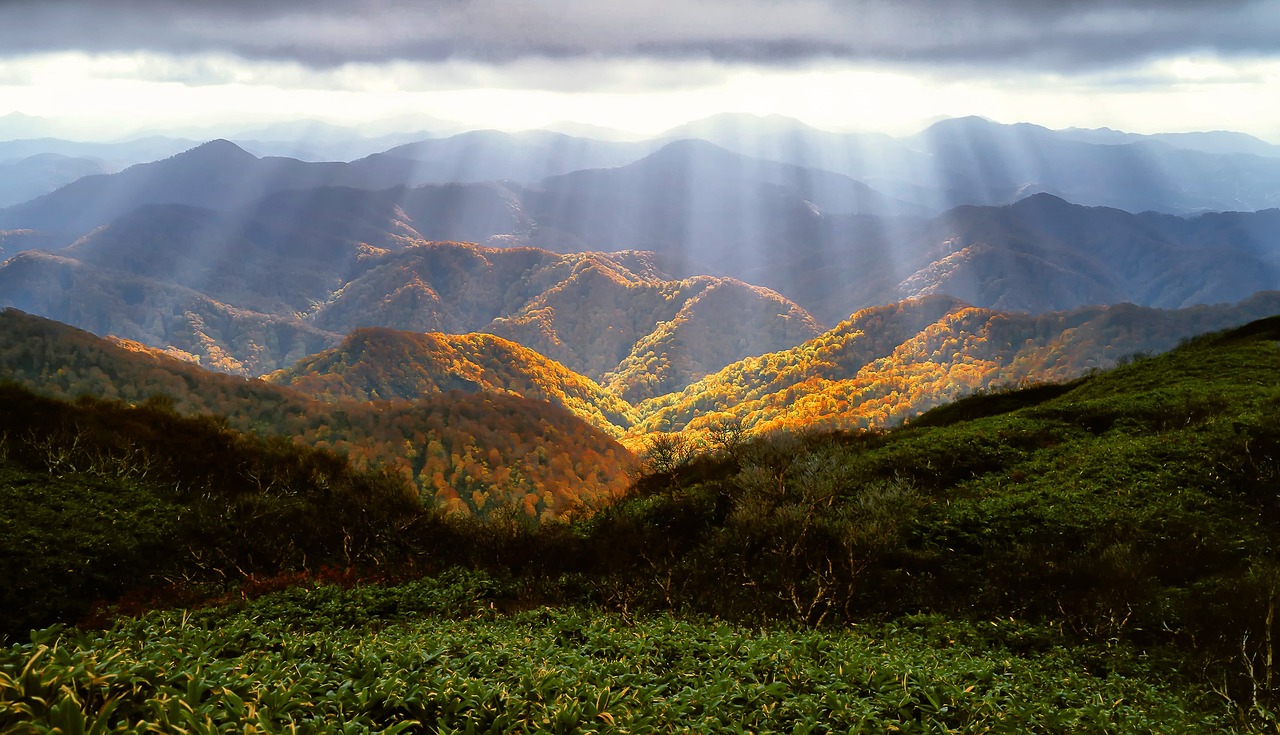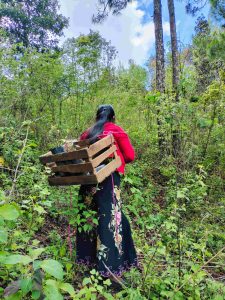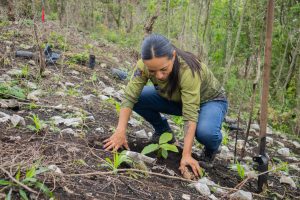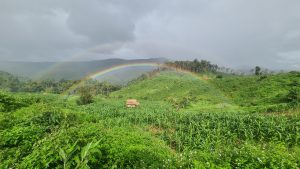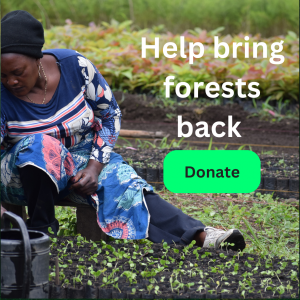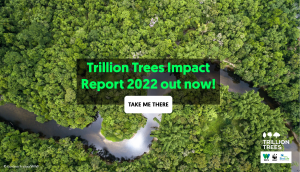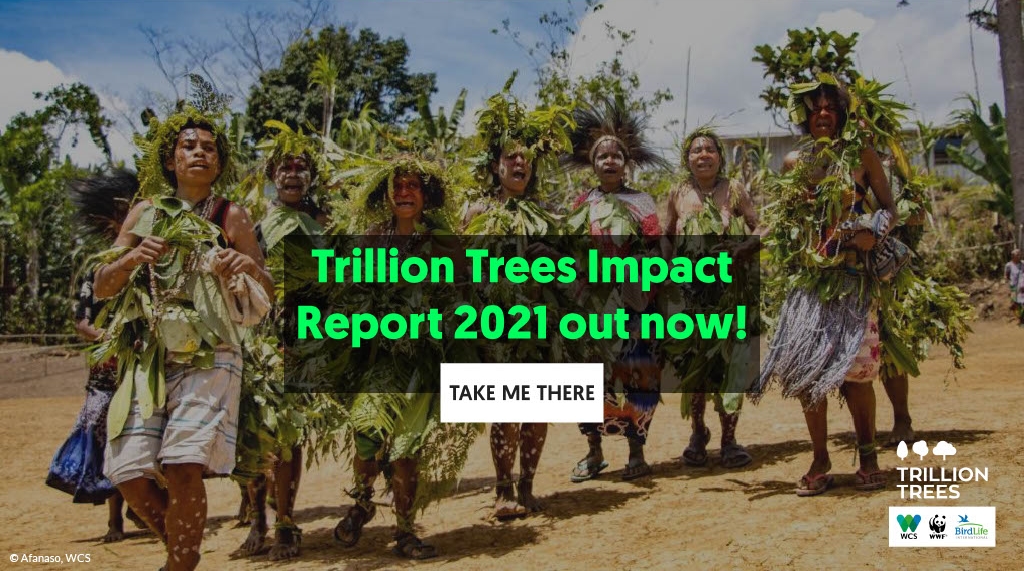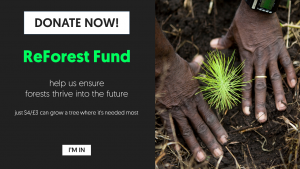Autumn is in full swing and we wanted to share with you what we’ve been up to over the last few months and take a quick look ahead to what the remainder of 2023 has in store.
But first, we wanted to ask your opinion.
Tell us what you think

We want to make sure that the information we send you is timely, useful and interesting. Please take a moment to complete our short questionnaire (it will take about two minutes to complete). Thank you.
New science on restoring degraded forests
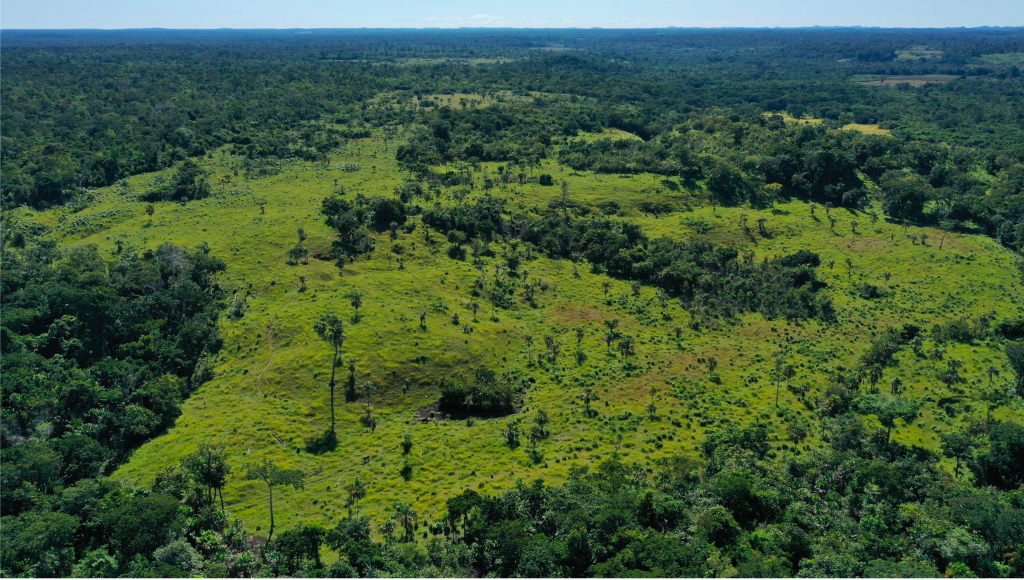
This summer, we published a new Trillion Trees study which revealed that prioritising the restoration of degraded forest could help meet climate and biodiversity goals more quickly. Degraded forest is forest which has been damaged through logging or other activities, but still retains important natural features.
The study mapped the potential scale of forest restoration globally and revealed that prioritising 1.5 billion hectares of degraded forest – an area almost the size of Russia – could significantly boost effectiveness.
Degraded forests retain many similarities to natural forests including types of plant species and ecosystems so they are more likely to recover rapidly, regain biodiversity levels and store more carbon than cleared land. Restoring degraded forest is also often more cost-effective than reforestation.
You can find out more about this exciting work, places where this kind of restoration is happening and what this means for forest restoration here.
#Forests2Follow: The Congo Basin
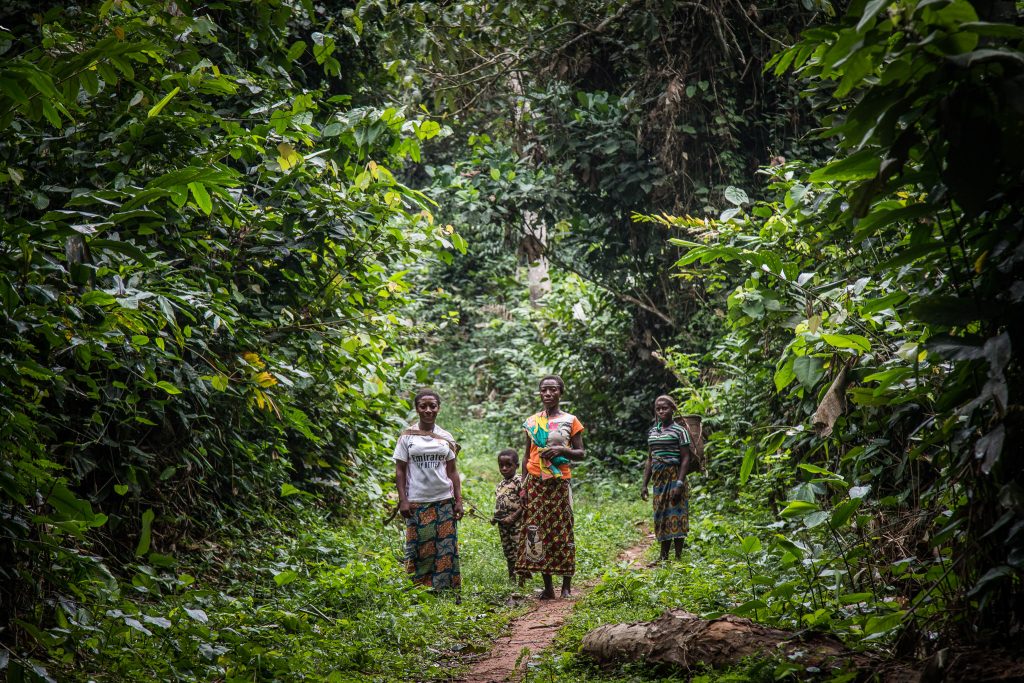
Home to the world’s second largest rainforest spanning six countries, the forest of the Congo Basin is one of earth’s most biodiverse and spectacular. It plays a vital role in carbon storage and in ecological services that thousands of people rely upon, making it one of the most globally significant landscapes. With over 75 million people who call it home, many are reliant on forest resources for food, medicines, water and cultural practices and the forest harbours a spectacular variety of plant life – over 10,000 species – and many important animal species, including iconic gorillas, elephants, and chimpanzees.
Find out more about this important landscape and what Trillion Trees partners are doing to protect it here.
Follow us on X and on Linked IN to discover more about our #Forests2Follow series.
Coming up: COP28
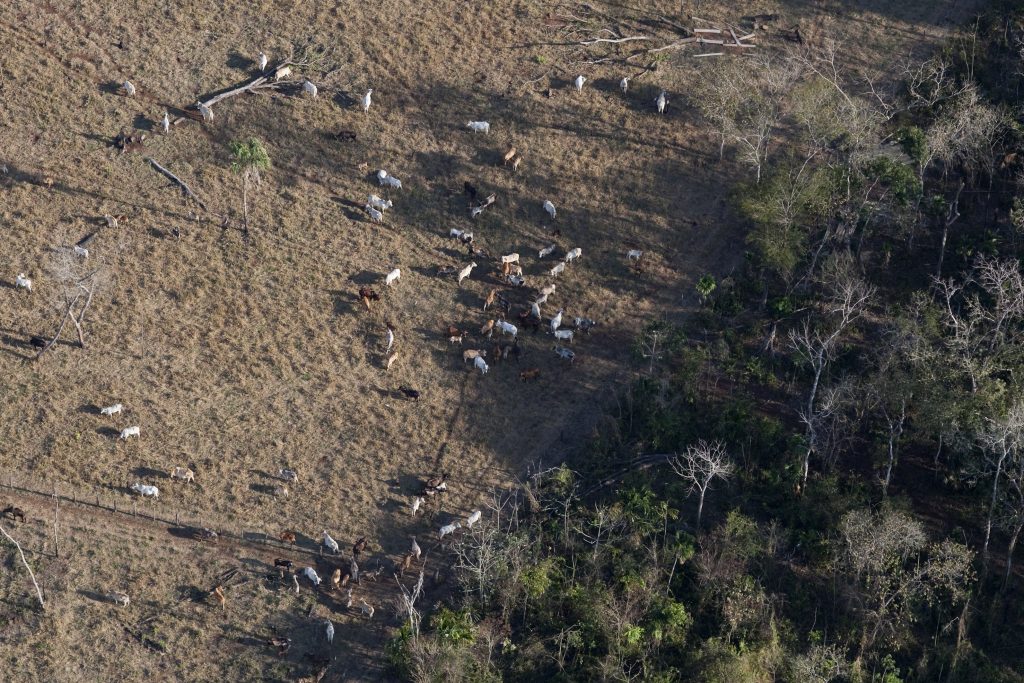
From 30 November until 12 December the United Arab Emirates will host the 2023 United Nations Climate Change Conference, COP28, in Dubai. The aim of the conference is to bring together world leaders, ministers and negotiators to agree on how to address climate change. COP28 comes at a decisive moment for international climate action, at a time when the world is experiencing unprecedented heatwaves, wildfires, floods, storms and droughts as a result of global warming. COP28 presents a critical opportunity to put the world on a more sustainable path. The role of nature in combatting climate change will play an important part at the conference.
Follow us on X, on Linked IN and on the Latest News page on our website during COP28 to keep updated.

